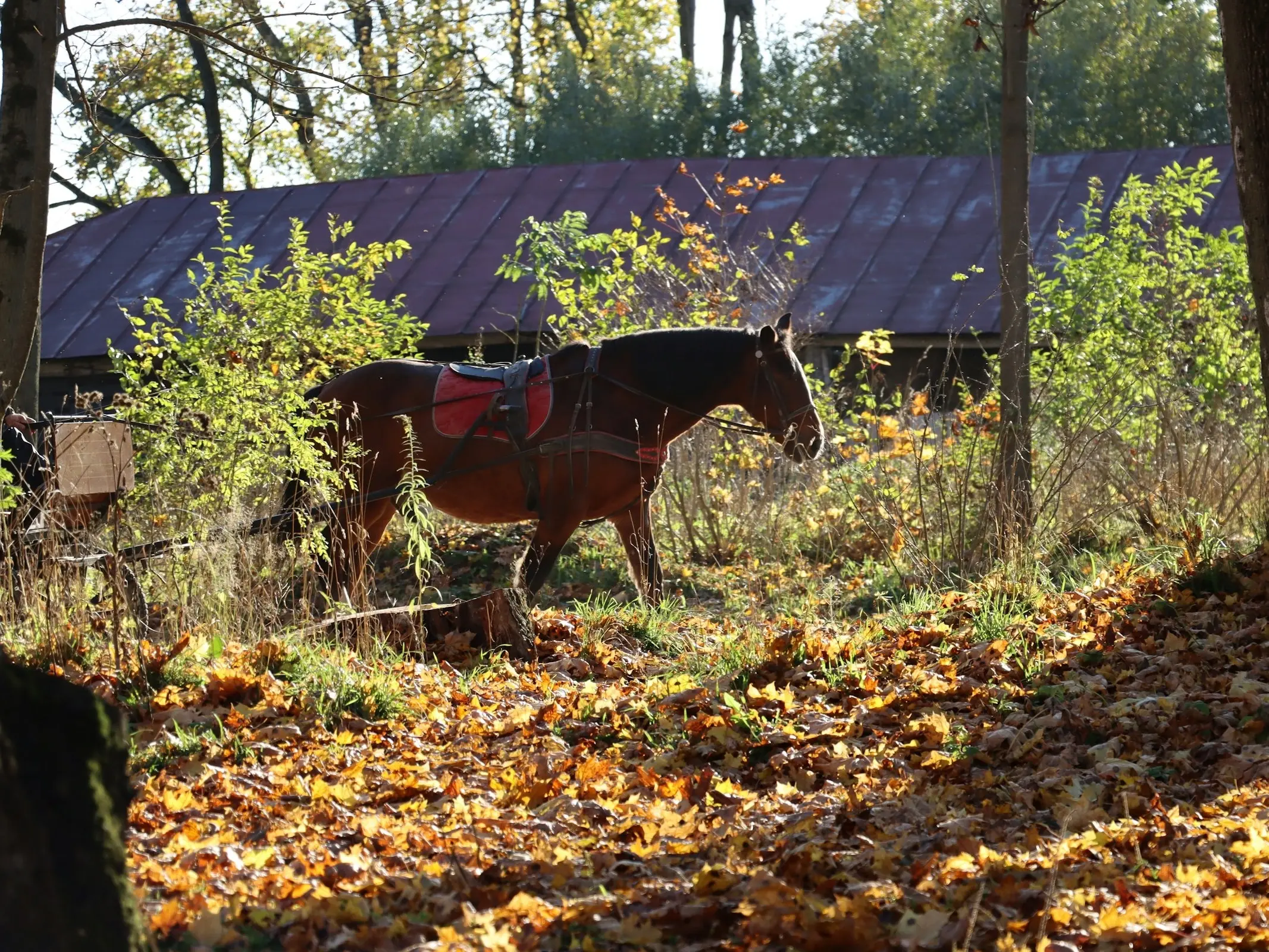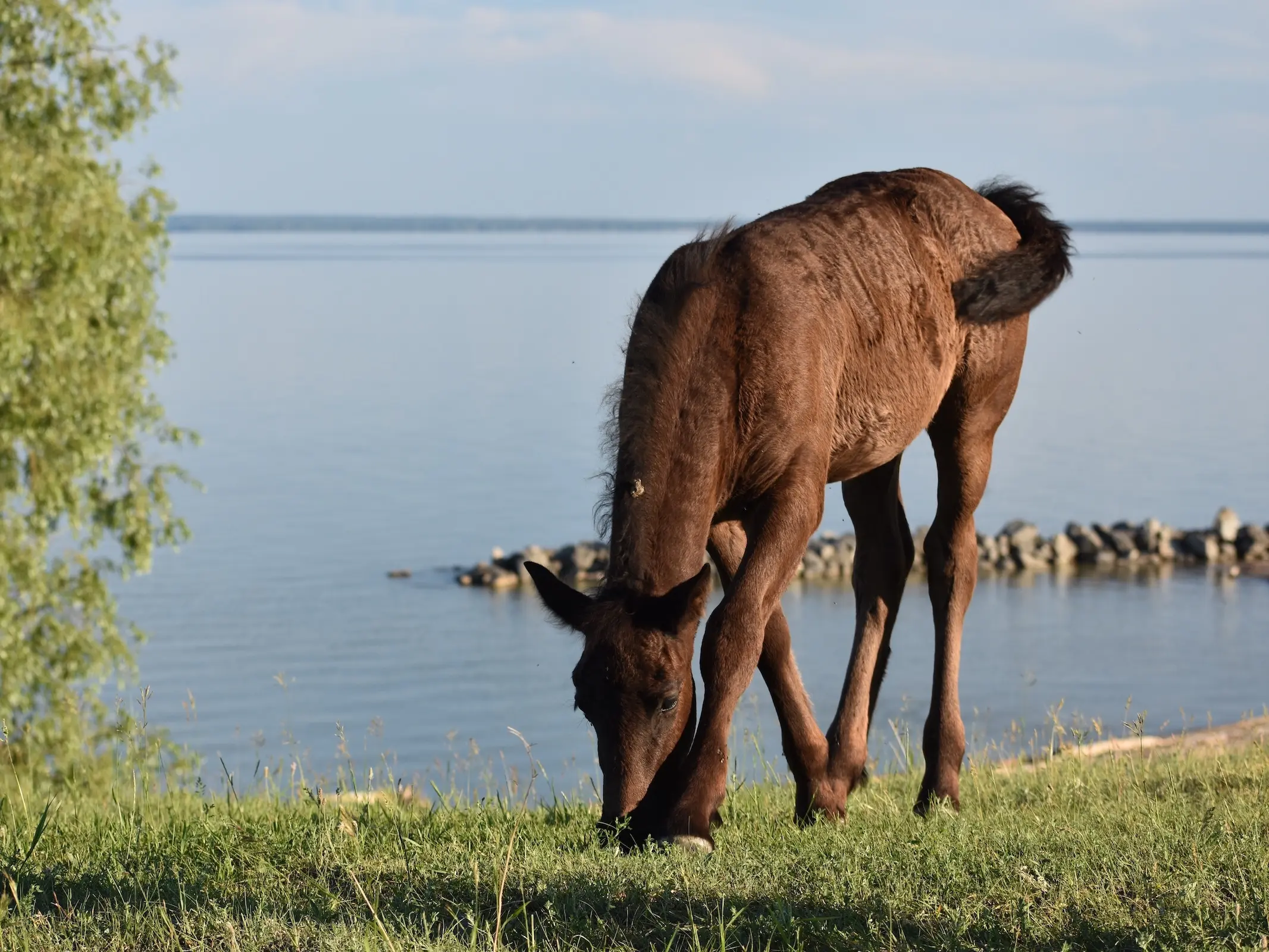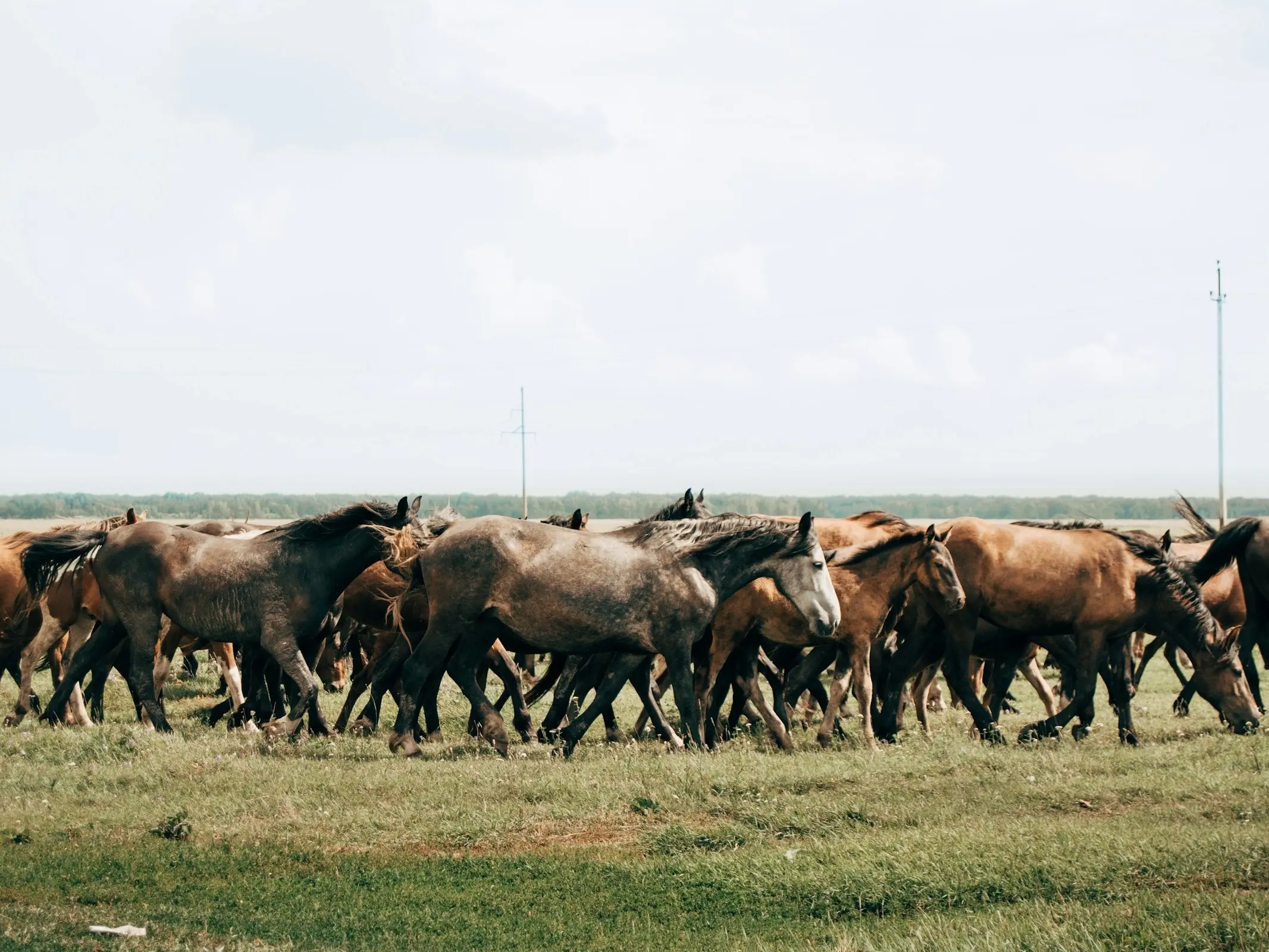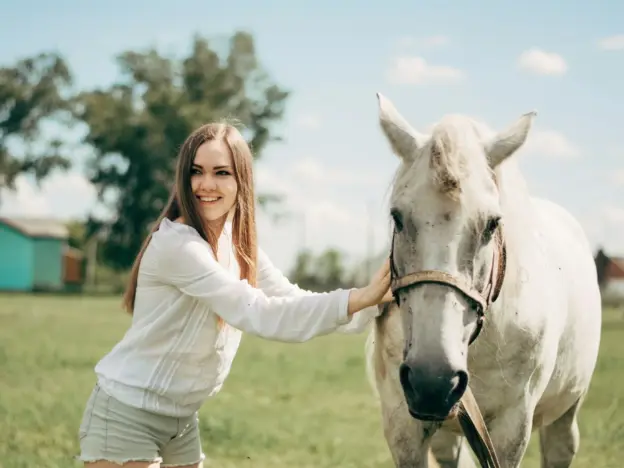Intro
Organized horse breeding in Siberia didn’t really begin until mid to late 19th century. Before that time local breeds had emerged, but breeding was localized for specific needs. Among the most valuable and well known was the Kuznetsk horse or Kuznetskaya.
Origins
The actual origins of this breed are unknown and in fact there has been quite a bit of conflicting information published about them. We do know they were named for the historic Kuznetsk Coal Basin and have been bred there for centuries. A lack of formalized breeding programs means records are spotty and there were not established characteristics associated with the breed. They weren’t the most attractive animal, but they were hard workers and easy keepers.
Once centralized breeding programs were established, the breed was improved by Orlov Trotter, American Standardbred and Thoroughbred animals. It seemed to work as the Kuznetsk horse was taken to all parts of Siberia and their blood used to improve local stock.
Today there are two types, based loosely on where they were bred. Animals in the north were also influenced by Belgian and Anglo-Norman animals making them heavier. In southern animals, the influence of Thoroughbred was much stronger, producing lighter animals.
Features
Average height 15.3 hands
Physique
Head is large with straight or convex profile
Croup is wide
Ribcage is flat and deep
Traditional Colors
Solid colors
Temperament
Noble and kind
Use
Draft work
Milk production
Riding
Eventing
Driving
More Images



